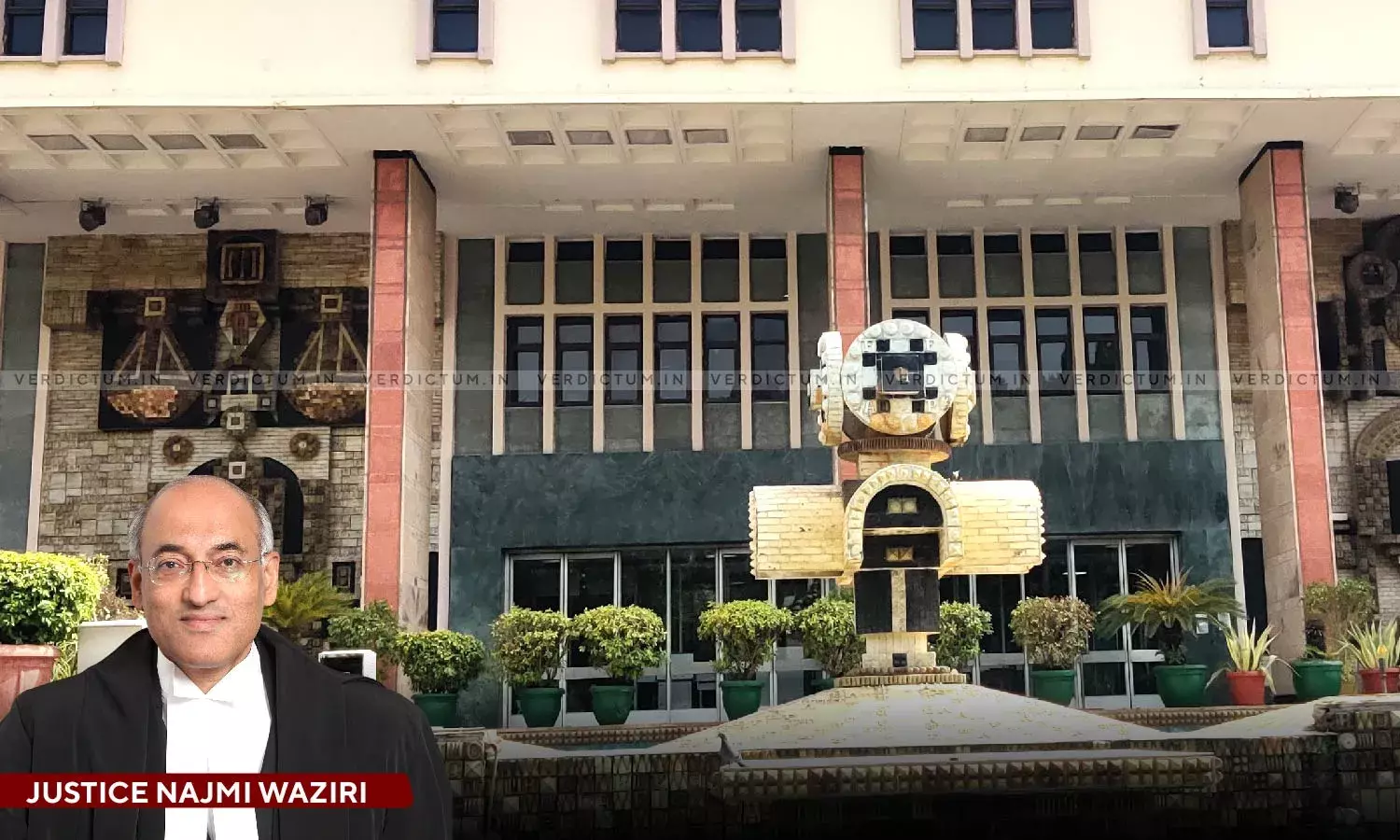Tree Is A Living Being, Pruning Of Trees Is Not Permitted In Delhi Except In Accordance With DPT Act: High Court

The Delhi High Court while dealing with a plea has held that a tree is a living being and that the pruning of trees will not be permitted in Delhi except in accordance with the Delhi Preservation of Trees Act, 1994 (DPT Act).
The Court further held that there must be a final inspection before a decision of tree felling.
A Single Bench of Justice Najmi Waziri observed, “There may be occasions where rare species of trees may be sought to be felled. The more solitary a tree, the greater its significance. Therefore, the responsibility of protecting and nurturing the solitary tree is far greater upon the Tree Officer and the authorities concerned. A tree is a living being. It must be given, at least a “last look” and accorded a final inspection before a decision is taken to permit its felling or sanctioning extensive amputation of its live branches. … no pruning of trees will be permitted in Delhi except in accordance with the DPT Act. It will be open to the respondents to frame guidelines and/or rules as may be requisite.”
The Bench also observed that Section 8 of the DPT Act prohibits the felling of trees in Delhi, except by express prior permission of the Tree Officer, and that the permission for felling, cutting, or removal of the trees is granted by the Tree Officer on an application made under Section 9 of the Act.
Senior Advocate Vivek Sibal, Advocates Anu Monga and Rahul Goel represented the petitioners while ASC Shadan Farasat, Amicus Curiae Aditya N. Prasad, ASC Anupam Srivastava, and Advocate Sakshi Popli represented the respondents.
In this case, a writ petition was preferred against the order passed by the National Green Tribunal (NGT) and the senior counsel for the petitioners sought directions apropos the procedure adopted for pruning of trees under the DPT Act and the Guidelines for Pruning of Trees dated October 1, 2019 (Guidelines). The latter were framed under the Delhi Preservation of Trees Rules, 1996.
It was submitted on behalf of the petitioners that the order permitting the pruning of trees, on the basis of the Guidelines was erroneous because such pruning was permitted without prior approval of and without even a site inspection or assessment of the tree(s) concerned by the relevant authority namely, the Tree Officer/Deputy Conservator of Forests (DCF). The Guidelines and the said order permitted private parties/entities to prune trees even on land owned by the government (i.e. the MCD, DDA, and PWD).
The High Court in the above regard noted, “The Guidelines for Pruning of Trees are essentially an informal administrative handbook to assist the Officers of Department of Forests and Wildlife. They are not a part of any statute. They do not carry a statutory flavour or character. The sole objective of the DPT Act, is preservation of trees. The granting of permission for cutting, girdling, lopping, pollarding, etc. of trees is to be strictly regulated and such permission is not to be granted for the asking. Yet the Guidelines permit cutting/pruning of branches of trees having a girth/circumference upto 15.7 cm. How did this figure come about? What is the scientific basis for reaching that figure? What is the justification for applying the same thickness of branches to all species of trees in Delhi?”
The Court said that under the DPT Act, there is no sanction for the 15.7 cm girth of a tree branch to be cut and therefore, such a figure is incongruous with the statutory requirements as mandated under Sections 8 and 9 of the said statute.
“The so-called permission granted under the Guidelines seek to over-reach the statute. The Guidelines, are in conflict with the DPT Act, they are arbitrary and illegal. Consequently, the permission for pruning, presumed to be or granted under the Guidelines would be of no consequence and shall always be non-est”, further said the Court.
The Court, therefore, held that the only permission that can be granted for pruning, etc. is under Section 9 of the Act and it will be open to the respondents to frame guidelines and/or rules as may be requisite.
“There should be no denial of natural justice in proceedings initiated before the Tree Officer. Therefore, apropos the conduct of quasi-judicial proceedings, imparting of refresher courses, to the Tree Officers, DCF would be of some assistance”, concluded the Court.
Accordingly, the Court directed the GNCTD to arrange refresher training courses including hearings through hybrid mode, e-filing of petitions, replies, etc., for the benefit of Tree Officers, DCF, and other Officers of the Department, at the Delhi Judicial Academy, within four weeks.
Cause Title- Prof. Dr. Sanjeev Bagai & Ors. v. Department of Environment Govt of NCT of Delhi through its Principal Secretary (Environment and Forest) & Ors. (Neutral Citation: 2023:DHC:4171)


